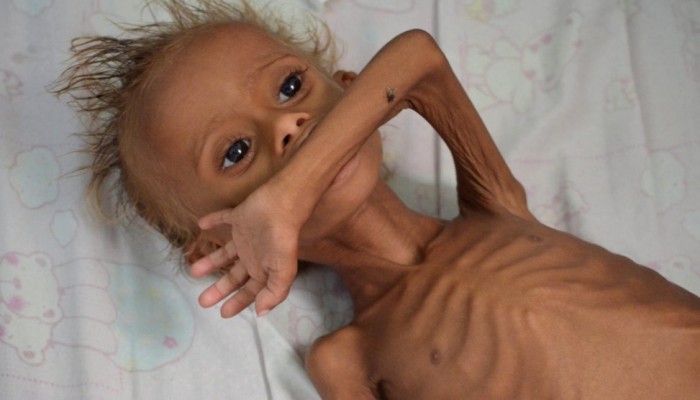
Apr
Bunyoro-Tooro Students Association Participate in Games to Mark Their Sports Day
April 23, 2024, 8:32 am
 Rebecca Nabejja
Rebecca Nabejja

KIU, Main Campus - On 14th May 2020, the World Health Organization (WHO) stated that the Coronavirus disease is likely to have a great impact on food security in Africa, especially among those grappling with food scarcity and malnutrition, due to movement restrictions.
Dr Matshidiso Moeti, WHO Regional Director for Africa, said that COVID-19 was unfolding in Africa against a backdrop of worrying levels of hunger and undernourishment and that the situation could worsen as the virus threatens livelihoods and household economies.
”Hunger and malnutrition heighten vulnerability to diseases, the consequences of which could be far-reaching if not properly addressed,” said Dr Moeti.
The African continent, in terms of the percentage of the population, has the highest burden of malnutrition compared with other parts of the world. People with weakened immune systems as a result of undernourishment are at greater risk of a range of serious illnesses and so are likely to be more severely affected by the Coronavirus, especially since the virus is exacerbating food shortages, as food imports, transportation and agricultural production have all been hindered by a combination of lockdowns, travel restrictions and physical distancing measures.
“COVID-19 does not treat us equally, and whether or not we have a healthy, nutritionally balanced diet is a key factor in how our bodies respond to the virus. If we are not getting enough food, or not eating enough of the right sorts of food, our bodies will find it harder to fight off COVID-19 infection,” said Dr Moeti.
WHO further emphasized the need to maintain a healthy diet during confinement, stressing the importance of whole grains and cereals, lentils, peas and beans. WHO also emphasized the need for essential health services to be in place to meet the challenges posed by malnutrition, as countries ease their lockdowns.
"It is important to remember that easing a lockdown should be thought of not as an event, but as a dynamic, data-driven process. If the epidemiological evidence suggests that restrictions need to remain in place, governments should ensure that measures are taken to alleviate hunger that might arise as a result of these restrictions,” said Dr Moeti.
Picture credit: qz.com
Kampala International University,
Box 20000, Ggaba Road, Kansanga, Kampala